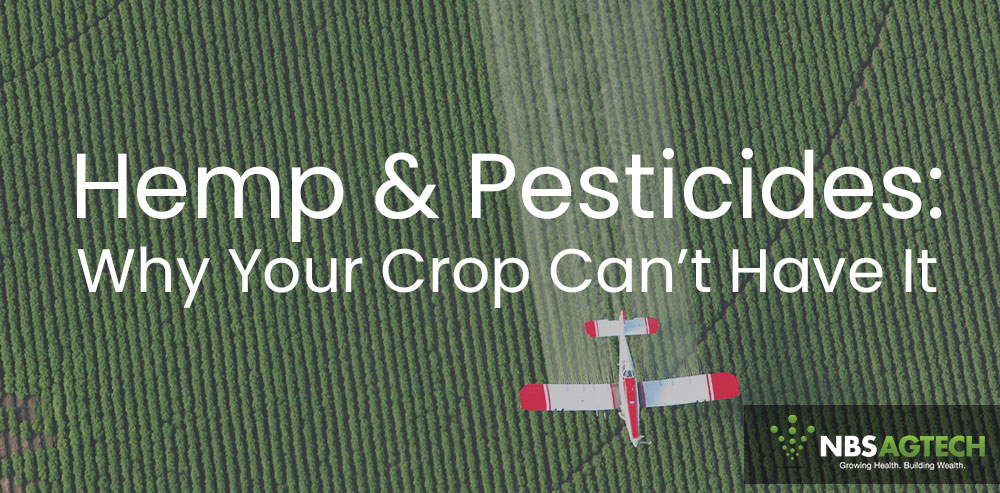
In addition to providing a resource to manufacture thousands of products, industrial hemp also has a special and innate ability to clean our air and soil. The technologies that use living plants to clean up soil, air, and water contaminated with hazardous contaminants are known as phytoremediation, and industrial hemp is a great plant for this! However, the ability to absorb toxins for the purpose of remediation can’t merely be turned on and off; this also means your hemp crop can and will absorb toxins even if your crop is intended for other purposes.
Hemp and Phytoremediation
There are not many plants that have the ability to clean our air and soil of accumulated toxins, but hemp is one of the few that can. While bioremediation focuses on utilizing living microorganisms to clean up pollutants, phytoremediation specifically utilizes plants for this process. Industrial hemp is good for phytoremediation because it is fast-growing, it has deep roots – sometimes going as far as eight feet down, and the plant’s life cycle is unaffected by the toxins it accumulates from the air and soil.
Cadmium, a heavy metal and a common soil pollutant that often needs to be removed, has been shown in various studies to be eradicated from soil by growing industrial hemp. Additionally, the use of industrial hemp in the 1990s in Ukraine following the devastating nuclear disaster in Chernobyl is perhaps one of the most well-known and promising examples of industrial hemp’s positive impact on contaminated soil.
Toxins & Your Hemp Crop
The most important thing for a hemp farmer to know about hemp, phytoremediation, and soil pollutants is that the toxins absorbed by your hemp plant must go somewhere—and that somewhere is IN your hemp crop. The more and more research one does on hemp the more and more it probably seems like a magical plant, with an ability to clean our air and soil, fairly easy to grown and low maintenance, and thousands of manufacturing options for your industrial crop. But, none of this means your hemp crop is immune to the buildup of toxins it will remove from the soil, if planted in contaminated soil.
Industrial hemp that is planted in contaminated soil will absorb toxins and metals from the soil, and these toxins will remain with the hemp plant. Therefore, hemp used for phytoremediation must never then be used to manufacture food or medicinal products. If tested, these products can test positive for toxins and pollutants, making them unsafe for human or animal consumption and making your hemp crop useless for these specific industrial goods.
However, phytoremediation hemp is not entirely useless once grown. Industrial hemp that is used for phytoremediation during the growth process can be used for other manufactured goods once grown. It can be distilled into ethanol for use as biofuel, or it can be used for industrial products such as textiles, insulation, paper products and construction materials.
Pesticides and Your Hemp Crop
The short answer would be don’t do it; do not use pesticides on your industrial hemp crop! If you are certain that you won’t be selling your crop to any manufacturers that intend to use it for food or medicinal products than you can use pesticides and your crop testing positive for toxins should not matter. However, if you are using pesticides on your hemp crop any manufacturer who wants to use your hemp for food, medicine, and CBD oil – one of the most popular uses today – will not touch your crop as it will not pass the tests needed to prove it is safe for consumption. To ensure your hemp crop will be sought after by all manufacturers and useful for all industrial sectors your crop should be planted in certified organic soil.
For more information on how to get your hemp farm started today email us at info@nbsagtech.com or give us a call at (702) 992 – 0552. We look forward to exploring the possibilities today of how we work together tomorrow.